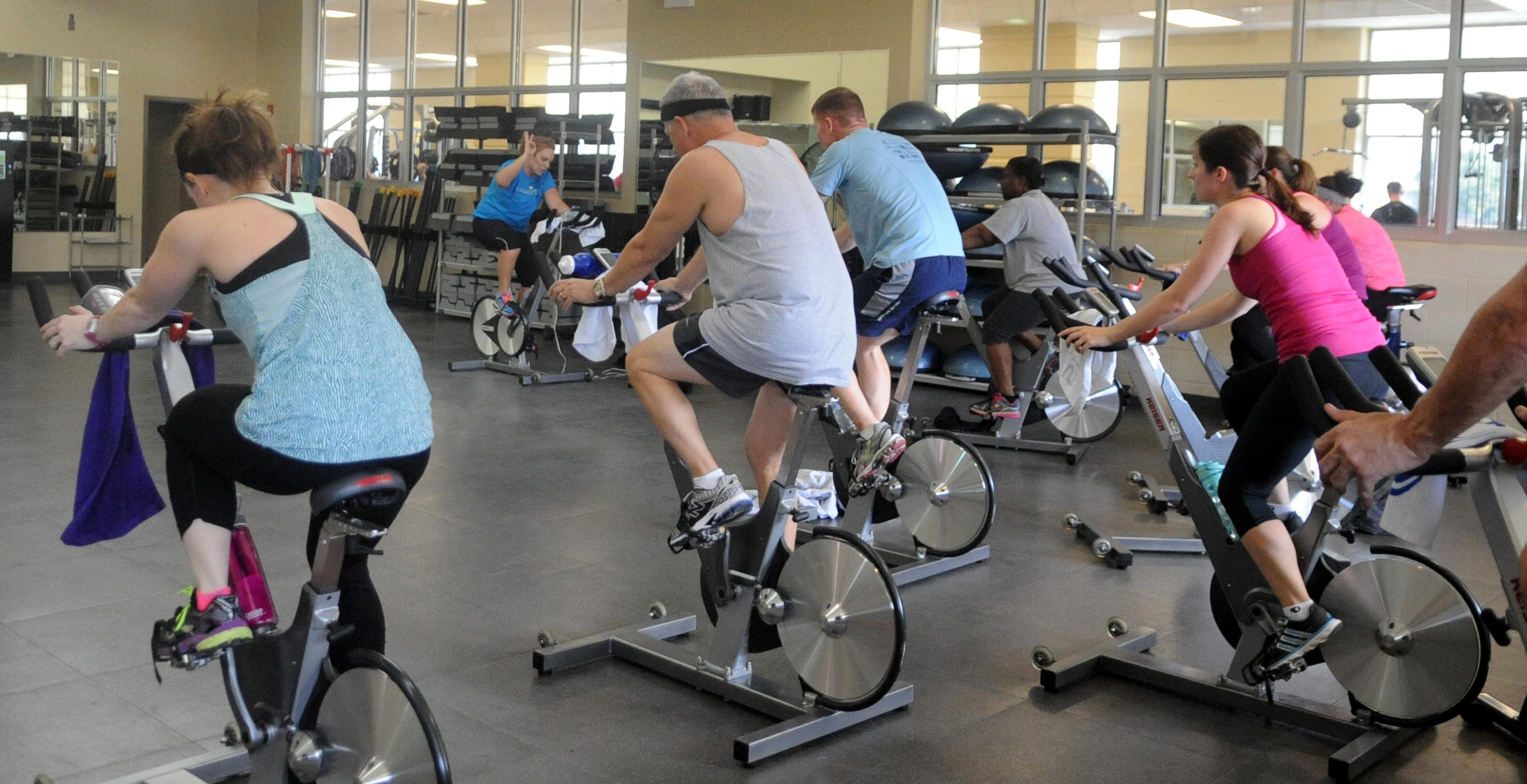Fitness and physical activity for seniors

As you or your loved one ages, you might notice that maintaining regular levels of physical activity can be a challenge.
In this edition of Wellness Wednesdays, we take a look at some helpful tips regarding exercise and fitness for seniors.
Why is fitness so important for seniors?
As someone ages, an active lifestyle is more important than ever. Regular exercise can help a senior boost their energy, maintain their independence, and manage their symptoms of illness or pain. Not only is exercise good for you/your loved ones physical health, but it is also good for the mind, mood, and memory.
According to Health Canada, regular physical activity can also help seniors maintain strength, flexibility, balance, and coordination, all of which help reduce the risk of falls.
How can you/your loved one be more physically active?
Being physically active does not have to mean running a marathon or spending hours at a gym. The first thing that you/your loved one should do is look for simple ways to be physically active every day. Some ideas include:
- Take a walk once a day
- Use the stairs instead of an escalator/elevator
- Do neck rolls and light stretching while watching TV
- Play actively with pets or kids
- Mow the lawn, rake the leaves, or do other light gardening tasks
- Walk, wheel or cycle for short trips
- Look for walking/cycling paths nearby and use them regularly
The next thing you/your loved one may want to consider is joining local community activities targeted towards seniors. Some examples of programs include:
- Yoga
- Water Aerobics
- Zumba
- Mall walking
- Dancing
- Bowling
- Senior recreational leagues for various sports
How can you/your loved one stay safe while exercising?
Committing to regular physical activity is one of the healthiest decisions you/your loved one can make. Before getting started, though, it is important to consider how best to stay safe:
- Consider health concerns- keep in mind how your ongoing health problems may affect your workouts
- Start slow- if you haven’t been active in a while, it can be harmful to push yourself too hard too quickly. Instead, build up your exercise routine little by little.
- Recognize problems- exercise should never hurt or make you feel sick. Stop exercising immediately and call your doctor if you feel dizzy, develop chest pain, or experience unusual discomfort.
- Get medical clearance from your doctor- before starting a new exercise program check with your doctor to see if there are any activities you should avoid.
What if you/your loved one have limitations preventing you/them from physical activity?
Even if you/your loved one are frail or use a wheelchair, there are still ways to improve fitness with strength training, flexibility, and even some cardio activities. Here are some suggestions you should consider:
- Practice mindful breathing and slow stretching, bending, and twisting- some of these exercises can also be done lying down
- Check out pool-therapy programs designed for wheelchair-bound seniors
- Use free weights to do repetitive sets of lifting- these can be done in a seated position
- Use resistance bands to give your muscles a good workout when stretched and pulled- resistance bands can be attached to furniture, a doorknob, or even your chair
- Talk to your doctor or physical therapist about chair-bound exercise programs that will work best for you/your loved one and your/their specific needs
Remember that the more you/your loved one exercise, the more benefit you will see to your/their health. Exercising safely and finding fitness activities that you/your loved one enjoy will help you/them to stay motivated.
Don’t miss our next edition of Wellness Wednesdays where we look at tips for preventing loneliness as you or your loved one ages!